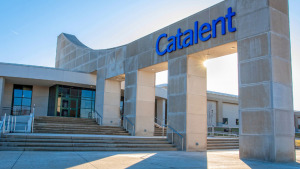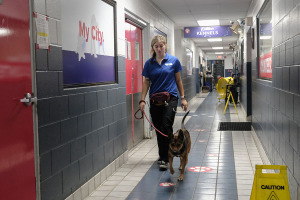Gig workers could find it easier to unionize under new ruling
Tuesday’s National Labor Relations Board ruling broadens the factors considered in the federal government’s test for determining a worker’s status as an independent contractor or an employee.











